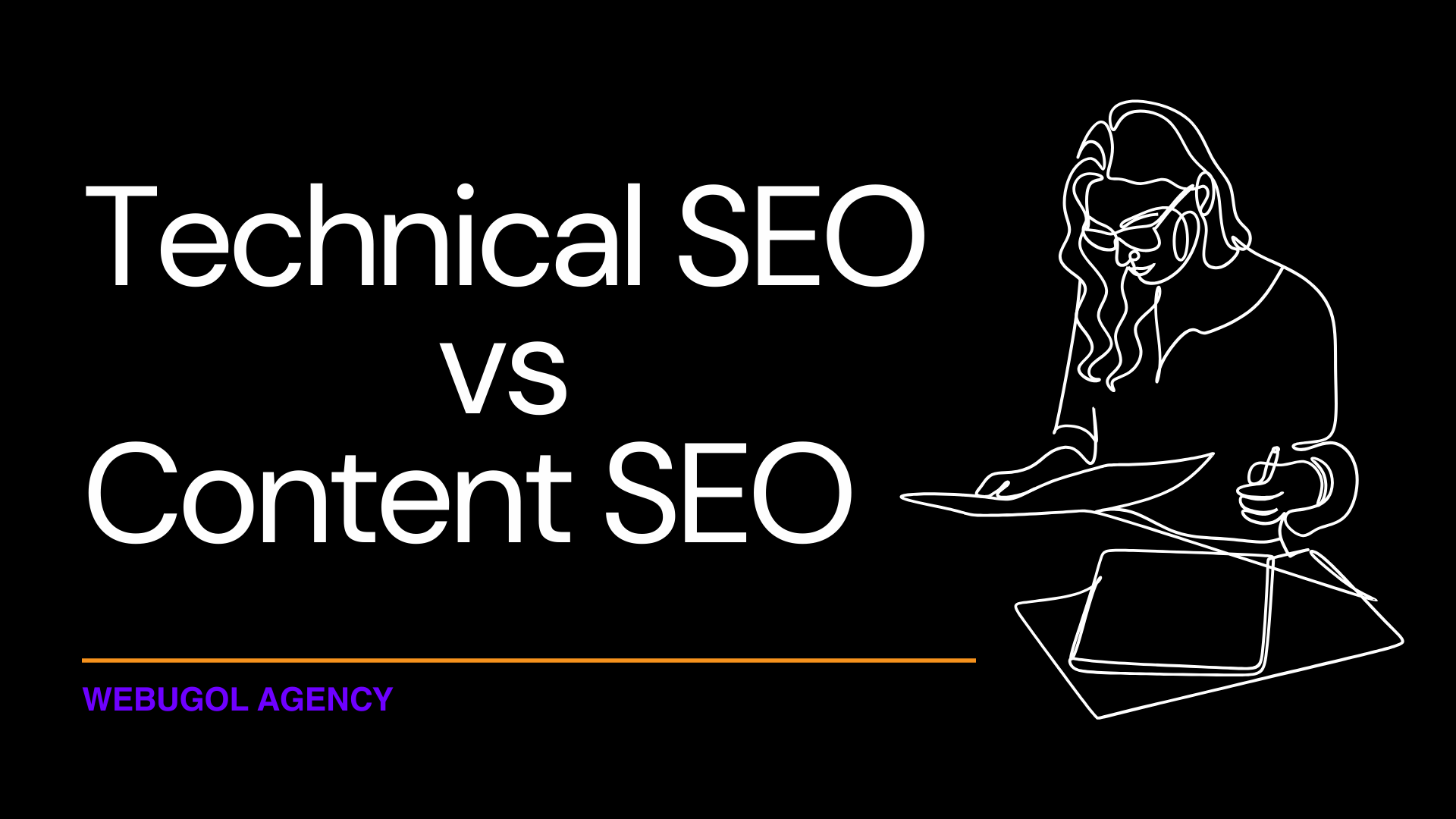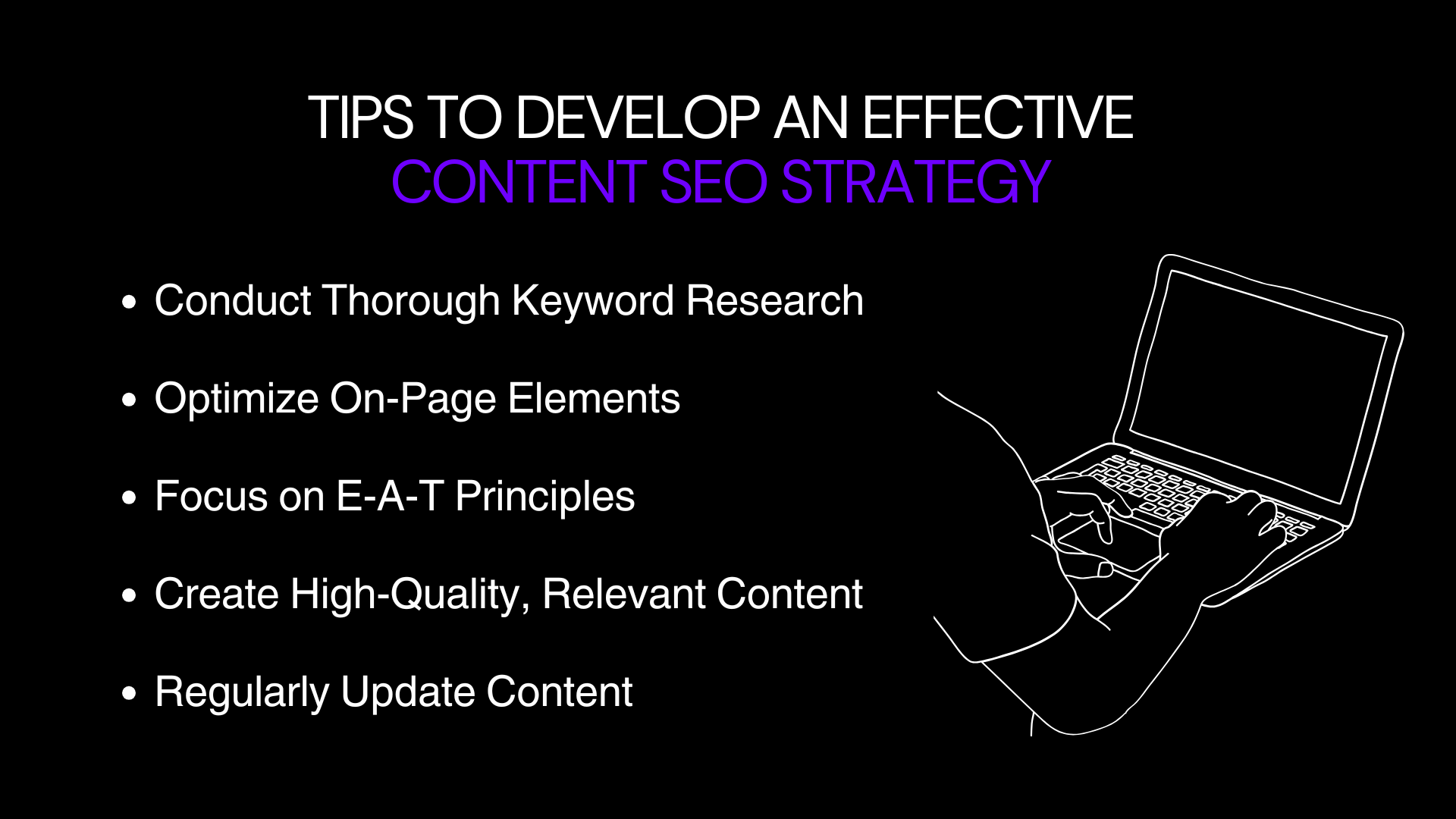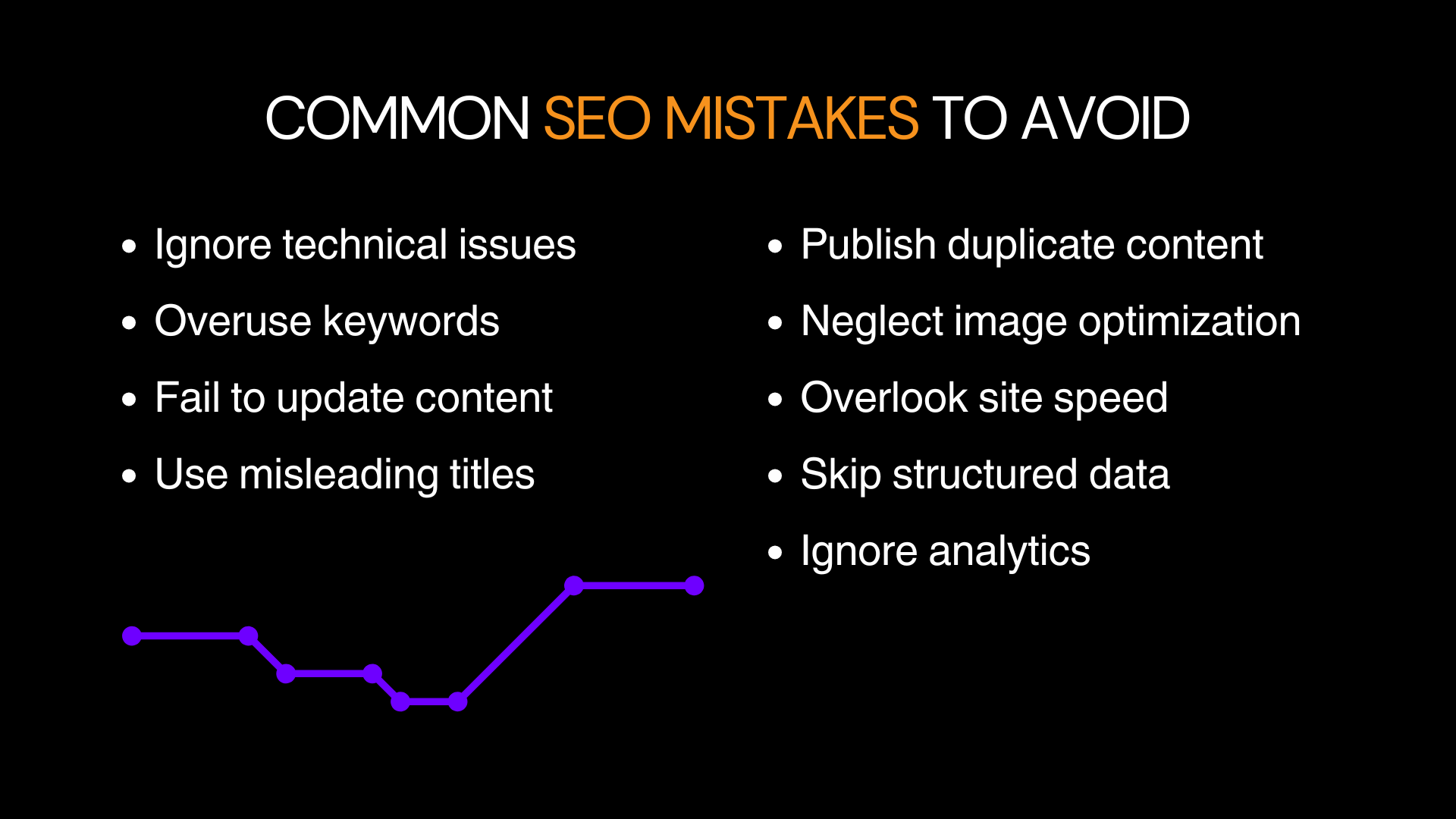Technical SEO vs Content SEO: Key Differences, Strategies, and Best Practices
Every website owner, SEO specialist, and content marketer has debated whether technical SEO vs content SEO is more important. In truth, excelling in SEO is about managing both for the best impact rather than one against the other.
We need new strategies since search engines have changed. While content SEO guarantees that your website’s content appeals to users and search engine algorithms, technical SEO ensures that your website is discoverable and performs properly.
This article discusses the main distinctions between these two components, offers techniques, and shows how mastering both can improve rankings, user engagement, and success.
The Battle of SEO: Why Both Technical and Content SEO Matter
While you have improved all of your title tags and meta descriptions, you still find difficulty ranking. Maybe you’ve worked hard to speed up your website but conversions are still low. The primary point to remember is that you cannot do one without the other.
 Technical SEO prepares your website for search engines like Google to crawl and index. This includes maximizing web speed, mobile friendliness, structured data, and resolution of problems including duplicate content or broken links. Search engines may ignore even the best material without a solid technical base.
Technical SEO prepares your website for search engines like Google to crawl and index. This includes maximizing web speed, mobile friendliness, structured data, and resolution of problems including duplicate content or broken links. Search engines may ignore even the best material without a solid technical base.
Content SEO, on the other hand, emphasizes producing interesting, top-notch, keyword-rich material that not only ranks well but also speaks to your readers. Understanding user intent, keyword research, and writing content that answers questions, solves issues, and builds trust and attention are all part of it. Technical and content SEO cooperate to drive visitors and increase the success of your website.
When content SEO vs technical SEO work together, they create a search-optimized setting with interesting content on a technically solid website, improving rankings, UX, and conversions.
What is Technical SEO?
Technical search engine optimization is all about enhancing the infrastructure of your website so that search engines may quickly identify, access, and analyze your pages. Your website’s performance depends on it.
Core elements include:
- Indexing and Crawling: XML sitemaps and robots.txt will let search engines find and examine all of your key pages.
- Site Speed: Faster sites boost search engine rankings and user satisfaction.
- Structured Data: Schema markup improves search engine understanding of your content.
- Mobile Responsiveness: With mobile devices dominating internet use, adaptable websites are crucial.
-
URL Structure: For better indexing and user experience, URLs should be succinct, clear, and keyword-rich.
What is Content SEO?
Content SEO creates valuable, high-quality content to help your website rank higher for relevant keywords and engage your target audience. Understanding user intent, keyword research, and creating keyword-targeted content that meets search engine algorithms and suits audience demands are all part of it. With this strategy, your site gets exactly the right visitors and builds credibility.
Core elements include:
- Keyword Research: Finding keywords your audience looks for.
- Topic Relevance: Writing on topics that clients find important.
- Content Structure: Arrange your articles for simple reading using headings, subheadings, and bullet points.
- User Engagement: Create material that stimulates interaction, sharing, and site engagement.
Technical SEO vs Content SEO: Key Differences
| Aspect | Technical SEO | Content SEO |
| Importance in SEO | Ensures search engines can properly access and index the site. | Increases relevance and engagement by addressing user intent. |
| Required Tools | Google Search Console, Screaming Frog, GTmetrix. | Ahrefs, SEMrush, Grammarly. |
| Impact on User Experience | Improves navigation and loading times for a seamless experience. | Enhances audience engagement with content that is informative and actionable. |
Technical vs content SEO are essential for organic traffic and site performance. Content SEO keeps your audience engaged while on-page SEO builds search engine presence. Together, they improve your website with a balanced strategy.
Mastering Technical SEO: Strategies for Success
-
Optimize Website Structure and Navigation
- Make categories and subcategories obvious.
- Use internal linking to direct search engines and users to important content.
- Improve Site Speed and Core Web Vitals
- Long load times frustrate users and negatively impact search rankings. Fix this by focusing on…
- Caching services like CDNs.
- Reduce file sizes with compression.
- Lazy loading delays offscreen images.
- Optimizing images for smaller files without losing quality.
- Long load times frustrate users and negatively impact search rankings. Fix this by focusing on…
- Mobile Optimization is Non-Negotiable
- With mobile-first indexing, responsive design is key. Use AMP (Accelerated Mobile Pages) frameworks and design for small displays.
- Secure and Accessible Websites
- Google values HTTPS security. Get rich results like FAQs, how-tos, and reviews with schema markup.
-
Fix Crawl Errors and Indexing Issues
-
Google Search Console helps identify broken links and manage XML sitemaps.
-
 Developing an Effective Content SEO Strategy
Developing an Effective Content SEO Strategy
Keyword Research is Key
- Start with Ahrefs or Google Keyword Planner.
- Check keywords for relevancy, competition, and search volume.
Optimize Content for SEO and Engagement
- Create intriguing titles, meta descriptions, and H1 tags.
- Lists, subheadings, and short paragraphs make text easier to read.
Create High-Quality, Authority-Driven Content
- Use E-E-A-T principle — Experience, Expertise, Authority, Trustworthiness. Address user intent to satisfy them.
Build Links and Use Internal Linking
- Create shareable content to get backlinks.
- Anchor text guides visitors and search engines between linked pages.
Leverage Multimedia for Better Engagement
- Optimize images and alt text.
-
Increase visibility with video transcripts and rich media.
Finding the Right Balance Between Technical and Content SEO
Technical SEO may result in a fast, crawlable site with a good structure but no content to engage users or deliver value. Focusing only on content SEO may provide well-written, entertaining sites with meaningful information, but slow load times, poor mobile optimization, and indexing issues may prevent them from ranking. As we see, SEO content vs technical optimization must be balanced to guarantee your site ranks highly and provides a pleasant user experience.
 Common SEO Mistakes to Avoid
Common SEO Mistakes to Avoid
-
Ignore crawl errors and broken links.
- Keyword stuffing makes content artificial.
- Neglect search algorithm changes and old content.
- Use clickbait titles and meta descriptions to get clicks.
- Your site’s credibility and rankings may be damaged by duplicate or copied content.
- Forget to optimize image titles, alt text, and file sizes.
- Neglecting website speed leads to negative user experiences.
- Miss search result visibility by not using organized data.
-
Ignore analytics and performance metrics, not adapting strategies.
Key Takeaways for Optimizing Your SEO Strategy
Learning both technical SEO vs content SEO is about building a search-optimized site that satisfies search engine expectations and provides a flawless experience for users, not only about obtaining better results. Combining these two SEO pillars ensures website traffic and engagement.
This is an in-depth checklist for keeping the harmony between both components:
- Technical SEO: Make your website fast, safe, mobile-friendly, and crawl error-free. Simplify your site architecture and make sure search engine bots may quickly reach every page. Fixed links, redirects, and structured data help search engines understand your content.
- Content SEO: Regularly share worthwhile, interesting, and well-optimized content that suits your audience’s demands and interests. Use natural keywords, appealing meta descriptions, and a balance of readability and depth in your content.
- Monitor and Adapt: Track your performance with data from sites including Google Analytics and Search Console. Improve strategy, optimize underperforming pages, and stay ahead of algorithm upgrades using insights.
Working together, content SEO vs technical SEO makes your site a powerhouse for user satisfaction and visibility.
Ready to boost your SEO game? Let Webugol optimize your website with the perfect balance of Technical and Content SEO for long-term success. Contact us today!


